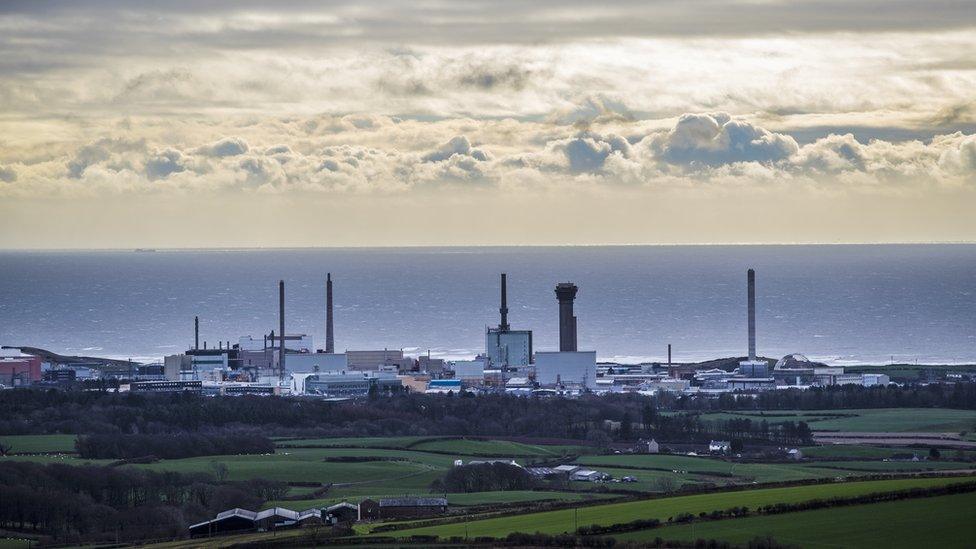Sellafield 'whistleblower' Alison McDermott launches tribunal appeal
- Published
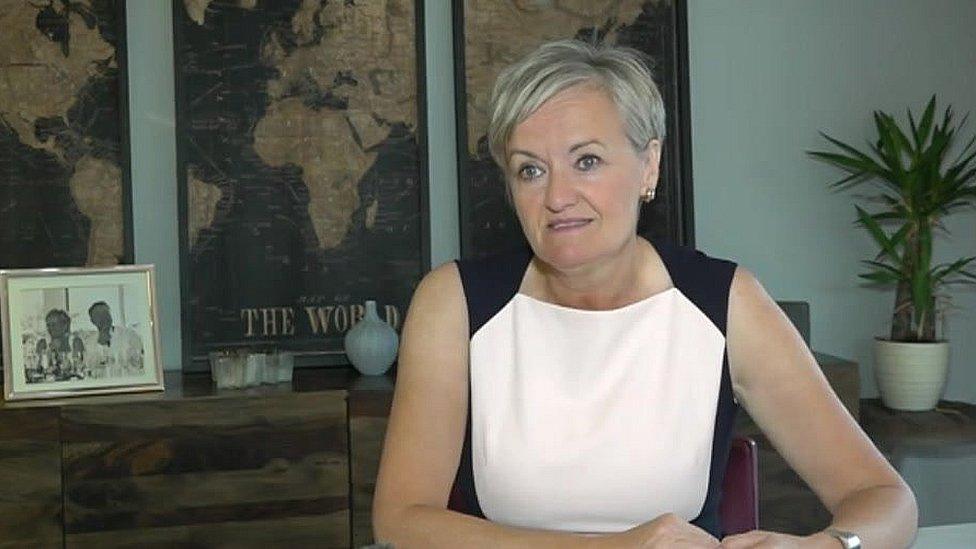
Alison McDermott is a human resources and equality consultant
An employment tribunal was slanted against a whistleblower who raised concerns about Sellafield, her lawyers have told an appeal.
The nuclear site terminated an 18-month £1,500-a-day contract with equality consultant Alison McDermott after she said she flagged a "toxic culture".
Ms McDermott lost an employment tribunal with a judge concluding she was not a whistleblower.
Sellafield's barrister said the tribunal in 2021 acted appropriately.
A two-day hearing has begun in London after Ms McDermott's lawyers appealed against Judge Philip Lancaster's tribunal finding on 13 grounds, including that it was an "error in law" for him to refuse to look into her claims of a "toxic culture".
They are also appealing against an order demanding Ms McDermott pay £40,000 in costs, which the diversity consultant has previously said would act as a deterrent for future whistleblowers.
Ms McDermott began working at the site on the Cumbria coast in September 2018 under the direction of human resources manager Heather Roberts, who is also a respondent in Ms McDermott's case along with Sellafield and the Nuclear Decommissioning Authority.
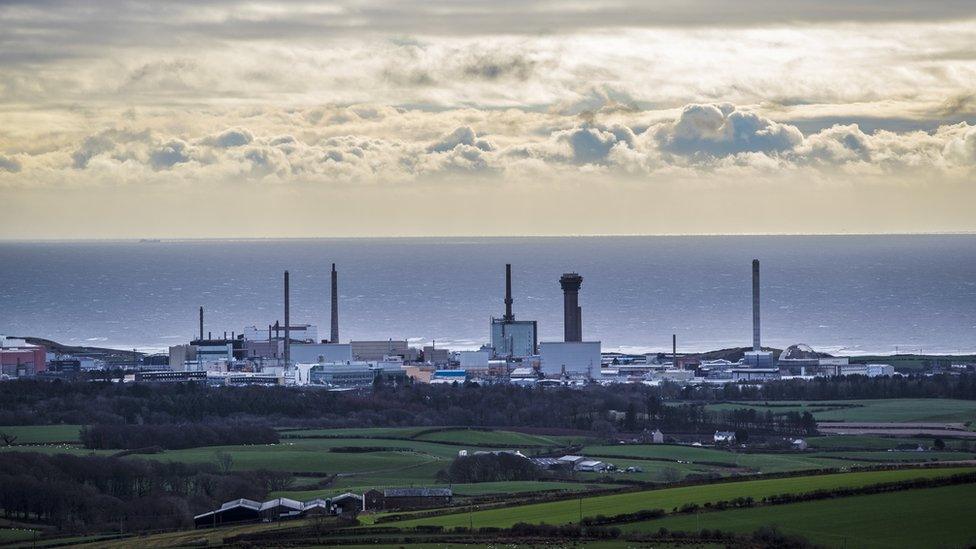
Sellafield is a nuclear fuel processing and decommissioning site on the Cumbrian coast
Ms McDermott said she was let go the following month after saying an investigation should be carried out into claims of sexual harassment by an employee and a subsequent cover up.
Sellafield said the contract was terminated because of the quality of her work, although at the 2021 tribunal admitted lying to her about the reason by saying it was because of budgetary constraints which the judge said was to spare her feelings and protect her professional reputation from harm.
Representing Ms McDermott at the appeal, Andrew Allen KC said if his arguments were even partially correct, the tribunal's finding, external "lay in tatters" and Ms McDermott's case would need to be reheard.
He said she was a "highly respected" consultant with "years of experience".
Mr Allen said certain phrases in the judge's finding did "not suggest a fair-minded approach" to Ms McDermott's evidence, adding the judge failed to "engage with the claimant's case".
He said the judge also failed to set out his methodology or points of law, or explain why he preferred the evidence of the respondents to Ms McDermott.
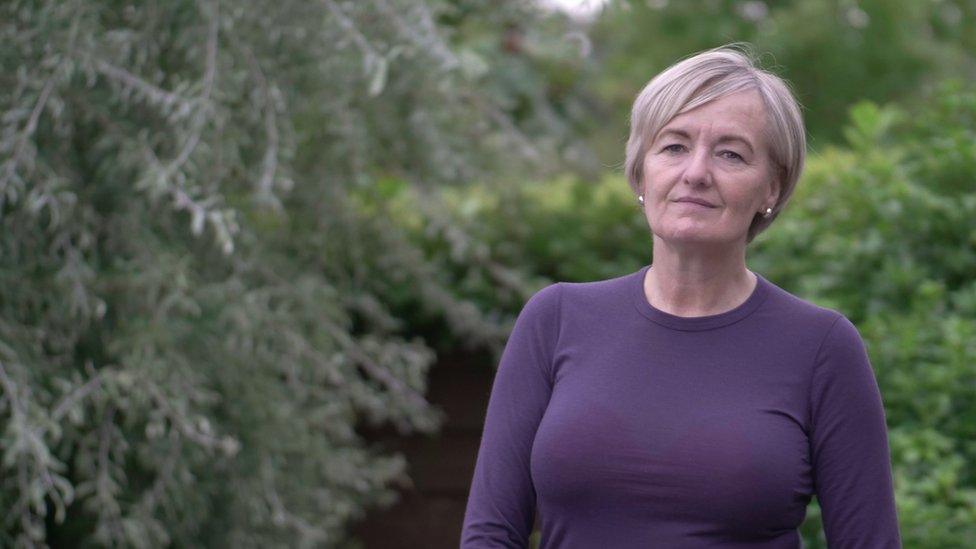
Alison McDermott said she fears her case could deter future whistleblowers
Mr Allen also said some of the judge's comments were "slanted" against Ms McDermott which "does not point to a well-reasoned decision overall".
The judge had said some of Ms McDermott's evidence was "demonstrably false" and bore "all the hallmarks of being what she would like to think she said rather than what actually happened".
Mr Allen said he "largely" blamed the tactic of lawyers for Sellafield and Ms Roberts, who attempted to "throw enough mud" against Ms McDermott "so some of it sticks and blinds the tribunal to its proper task".
Mr Allen said: "It is now almost routine in civilian cases for respondents to introduce a new hurdle to [people claiming to be whistleblowers] which is that they should have stainless characters, flawless memories and should qualify for sainthood."
He also said the judge "set too high a standard" for what constituted a protected disclosure and did not consider how Ms McDermott's concerns were raised in a "safety-critical nuclear environment" when determining if they met the whistleblowing bar.
'No apology'
Representing Sellafield, Deshpal Panesar KC said the tribunal had engaged with the "nitty gritty" of Ms McDermott's case and her "blizzard of allegations", some of which posed an "existential threat" to people's careers.
He said he made "no apology" for challenging Ms McDermott's account, which he said changed multiple times and was ultimately "shown not to bear scrutiny".
Mr Panesar said it was not a case of "attacking a whistleblower" but rather it was "right" his clients be able to "defend themselves when accusations are made without foundation or improperly".
He said "sainthood" was not required but making an allegation of wrongdoing does not bring an assumption "that one is right", and the facts had been found against Ms McDermott.
Mr Panesar also said it was not for the tribunal to probe the alleged history of a "toxic culture" at Sellafield but rather Ms McDermott's specific claims and allegations which were looked at "in detail".
The appeal continues.

Follow BBC North East & Cumbria on Twitter, external, Facebook, external and Instagram, external. Send your story ideas to northeastandcumbria@bbc.co.uk, external.
Related topics
- Published25 September 2021
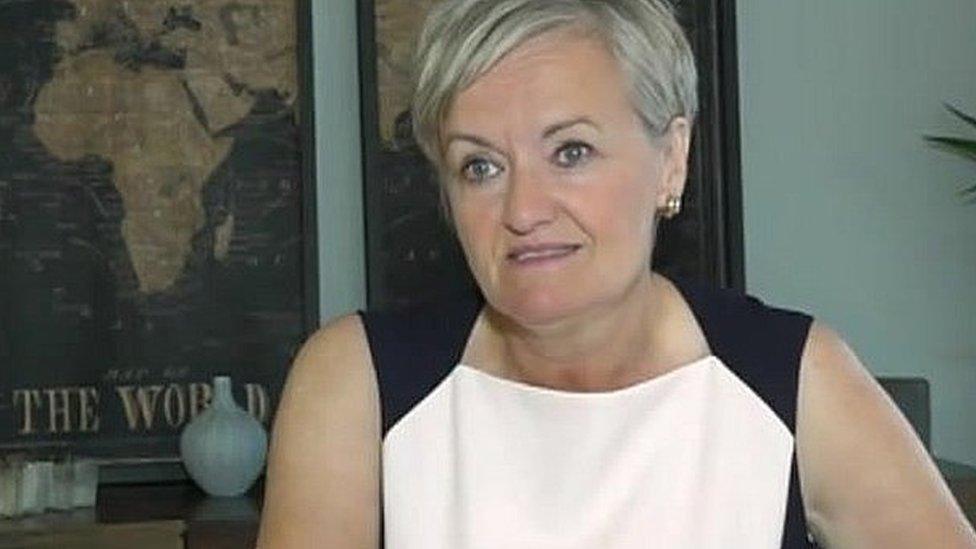
- Published4 August 2021

- Published1 July 2021

- Published29 June 2021
